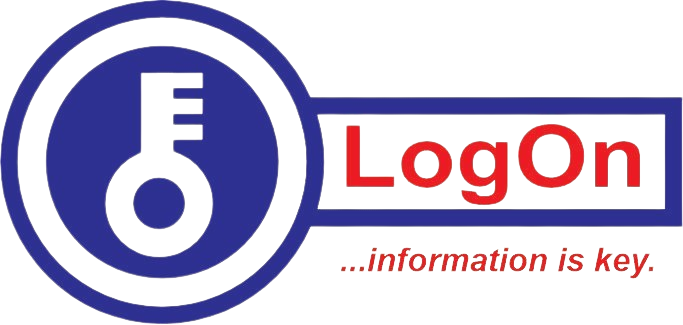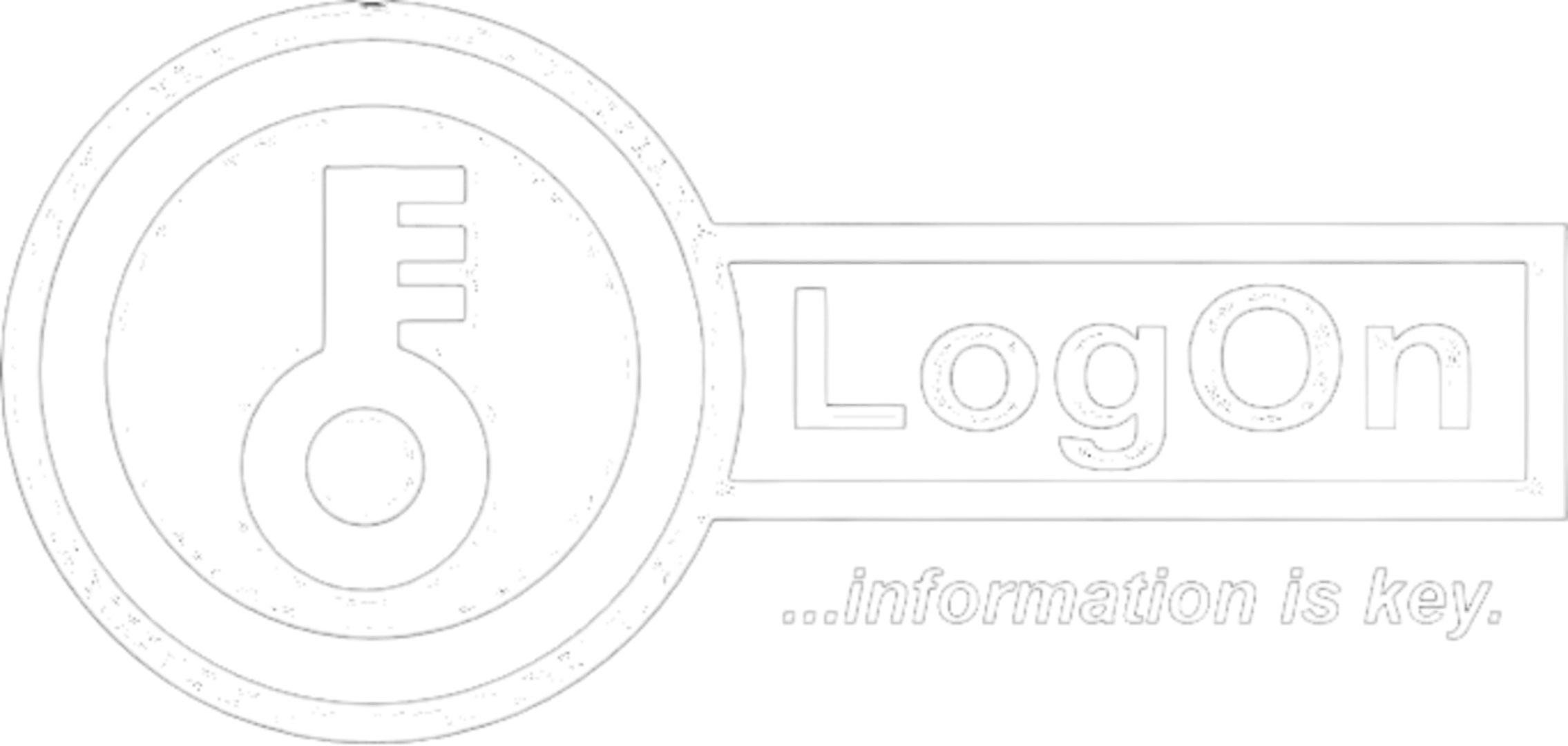RFPs: APHRC Mental Health Data Prize – Africa
RFPs: APHRC Mental Health Data Prize – Africa
The African Population and Health Research Center (APHRC), in collaboration with Wellcome, is launching the Mental Health Data Prize-Africa to foster transformative change in understanding anxiety, depression, and psychosis across Africa.
The prize aims to gather a diverse group of African participants who will engage in multidisciplinary projects using existing data to devise new solutions for diagnosing and treating anxiety, depression, and psychosis. These projects will contribute to understanding effective prevention, treatment, and management strategies, addressing the needs of those experiencing these conditions.
They encourage mental health researchers and scientists across Africa to leverage existing data to explore research questions related to these three conditions and to enhance understanding of their progression within the continent. The funding will support multidisciplinary approaches, including data science and implementation research, to accelerate targeted and sustainable mental health interventions.
Focus Areas
The focus will be on:Understanding complex systems, including social and structural determinants of mental health, to identify more targeted prevention, treatment, and care interventions.
Evaluating the implementation of evidence-based, data-driven solutions.
Ensuring meaningful community and partner engagement at every project stage.
Objectives
The overarching goal of the Mental Health Data Prize-Africa is to produce scalable solutions that support mental health research and generate data-driven insights tailored to the priorities of the African population, while building data capacity on the continent.
Specific objectives include:Supporting trustworthy data science and transforming mental health research to address challenges related to anxiety, depression, and/or psychosis in Africa through collaboration.
Creating tangible, scalable data-driven tools to enhance understanding and interventions for mental health in Africa.
Developing insights that improve diagnosis, treatment, and care in mental health, facilitating decision support for clinicians, front line health workers, and policymakers.
Thematic Areas
While APHRC will share the data, sources, and accessibility information with the team (based on the scoping review), they would also strongly encourage research teams to propose their datasets so long as they meet the following criteria:Generating data driven-insights that help them understand the causal mechanisms underpinning effective interventions for anxiety, depression, and psychosis to inform the development of new and improved early interventions.What works, for who, and why in Africa (diagnosis,therapeutics, and management).
Impacts on the effectiveness of the interventions.
Identification and or validation of markers that can predict response to interventions.
Developing data drive digital solutions/ tools for data analysis and improving mental health metrics byAssisting data analysis, and interpretation of findings.
Helping to visualize and make sense of data.
Sharing insights from research.
Improving standardization and measures of anxiety, depression, and/or psychosis.
Implementation sciences such as cost-effectiveness of interventions
While APHRC will share the data, sources, and accessibility information with the team (based on the scoping review), they would also strongly encourage research teams to propose their datasets so long as they meet the following criteria:Must utilize datasets reflecting African contexts and diverse age groups.
Participated in ethics training that will be offered by either APHRC or through freely accessible online modules e.g. TRREE, NIH PHRP, etc.
Datasets can be observational and experimental, preferably longitudinal which allows temporal effects.
Datasets must include data from at least one age-appropriate measure of anxiety, depression and/or psychosis (or their symptoms), from participants across several waves of data collection (if applicable).
Datasets must include data suitable for exploring what works to prevent, predict, treat, and care for anxiety, depression and/or psychosis in Africa.
Award Information
They will offer up to 10 awards over the 12 months. An individual award may not exceed £200,000 including direct and indirect costs. The indirect (overhead) costs shall not exceed 10 per cent.
Eligibility Criteria
This initiative is open to lead applicants based in Africa (including academic institutions, non- profit organizations working on mental health, government agencies and research institutions) and may collaborate with other countries.
This Request for Proposal (RFP) is open to researchers at any career stage. But they strongly encourage applications led by early- and mid-career investigators.
Applicants must have the experience needed to drive and lead a research program addressing the thematic area(s) of interest.
Researchers may submit only one application as a lead applicant through this RFP.
Researchers may participate as co-applicants or collaborators on multiple applications.
They encourage applications involving projects led by women.
Lead applicants must be individuals based in Africa and must have a permanent, open-ended, or long-term rolling contract with their institutions, or the guarantee of one for the full duration of the award (12 months).
Lead applicant organizations should be either:An institution of higher learning (usually university).
A research institute.
A non-academic healthcare organization or private institution such as a consulting firm.
A not-for-profit organization, or an institution that works in hospital and clinic settings.
A data or technology startup.
Co-applicants can be at any career stage and based anywhere in the world and can also be non- African citizen, or self-employed, e.g., freelance.
Co-applicants organizations should be either:Higher education institutions or private institutions of higher education.
Research institute.
Non-academic healthcare organizations or private institutions such as consulting firms.
Not-for-profit organizations or faith-based or community-based organizations.
Commercial organization.
Freelancers – such as data scientists.
Data or technology start-up
Please note that:All applicants must agree to the both APHRC’s and Wellcome Trust’s standard grant conditions
Individual application is not allowed.
Foreign-based institutions (institutions based outside of Africa) cannot be lead applicants.
Proposals can include institutions in high-income countries (HICs) or other LMICs but the proposals must demonstrate that at least 80% of the funding is going to African institutions.
Researchers may participate as applicants or collaborators on multiple applications but may only submit one application as lead applicants.
Research teams should include data scientists, people with lived experiences and decision- makers as co-applicants/collaborators where relevant.
For more information, visit African Population and Health Research Center.


